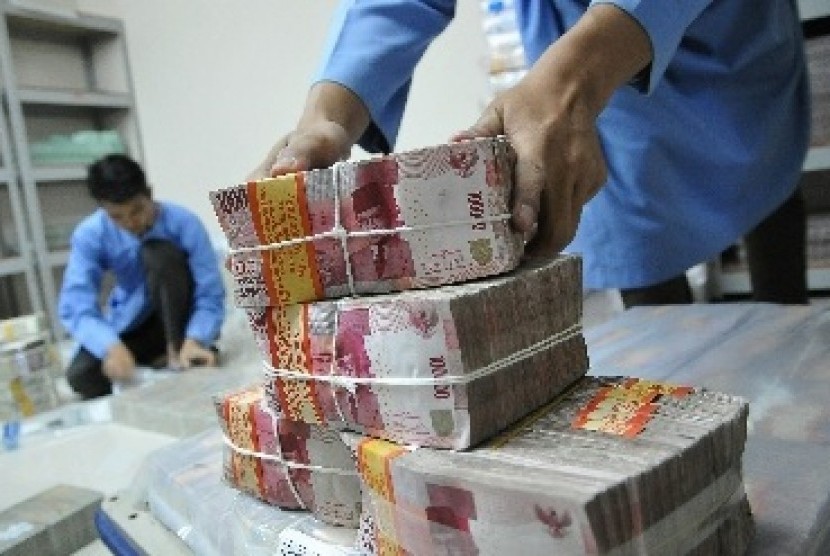REPUBLIKA.CO.ID, JAKARTA -- Indonesia's foreign debts grew 3.2 percent year-on-year to US$034 billion in Nov. 2015 including US$137.7 billion or 45.24 percent in public debts and the rest in debts of the private sector.
The growth was higher than 2.5 percent in October driven mainly by faster growth of 6.1 percent of long term debts, Communications Executive Director of Bank Indonesia Tirta Segara said.
Long term debts grew 6.1 percent (yoy) in November than 5.5 percent in October in the same year, Tirta Segara said here on Monday.
Meanwhile, short term debts were 12.5 percent lawyers, he said.
He said long term debts made up 86.6 percent or US$263.9 billion of the country's total foreign debts in Nov. 2015 including US$134.8 billion or 51.1 percent in public debts and US$129.1 billion in debts of the private sector.
Short term debts totaled US$40.7 billion or 13.4 percent of the total foreign debts in Nov. 2015 including US$37.7 billion (92.7 percent) in debts of the private sector and US$3 billion in public debts.
The short term debts of the private sector grew in November grew 3.4 percent (yoy) higher than a growth rate of 2.5 percent in the previous month driven mainly by debts of non bank debts; and the public debts rose 2.9 percent faster than 2.6 percent in the previous month.
The sectors of finance, manufacturing industry, mining, utilities accounted for 75.9 percent of the debts of the private sector in Nov. 2015. Increase was recorded in all sectors excepting debts in the mining sector that contracted from the previous month.
Bank Indonesia described the increase in debts in November as "quite healthy" but economic risk requires greater prudence.
The central bank would continue to watch the progress in the country's foreign debts especially those of the private sector, Tirta said.
"This is necessary to give greater confidence that foreign debts are effectively utilized to support development without risk to macroeconomic stability," he said.


